- DroidAfrica
- Nokia
- Nokia 3310 3G
Nokia 3310 3G

Nokia 3310 3G Highlights and Overview
Nokia 3310 3G Full Specifications and Features
NETWORK
| Technology | GSM / HSPA |
| 2G Network Bands | GSM 850 / 900 / 1800 / 1900 |
| 3G Network Bands | HSDPA 850 / 900 / 1900 / 2100 |
| 4G Network Bands | No support for 4G LTE network |
| Speed | HSPA 21.1/5.76 Mbps |
LAUNCH
| Also Known As |
- - |
BODY
| Dimensions | 115.6 x 51 x 12.8 mm (4.55 x 2.01 x 0.50 in) |
| Weight | 81 g (2.86 oz) |
| Build | Plastic |
| SIM Type | Single Mini SIM |
DISPLAY
| Display Type | TFT Non-touch Display, 265k colors |
| Size | 2.4 inches, 17.8 cm2 (~30.3% screen-to-body ratio) |
| Resolution | 240 x 320 pixels, 4:3 ratio (~167 ppi density) |
PLATFORM
| Operating System | Featured: Nokia Series 30+ |
| Chipset | Featured |
| CPU | Yes, Unknown |
MEMORY
| RAM + ROM | 16 MB |
| Card Slot | Yes, up to 32 GB via microSD card (uses dedicated slot) |
MAIN CAMERA
| Camera Type | Single Lens |
| Camera Sensor(s) | 2 Megapixel |
| Camera Features | Fixed Focus |
| Video Resolution | 240p (VGA) |
SELFIE CAMERA
| Camera Type | None |
SOUND
| Loudspeaker | Yes |
| Speaker Location | Back |
| Audio Jack Type | 3.5 mm audio jack |
CONNECTIVITY
| Bluetooth | Bluetooth 3.0, A2DP |
| NFC | |
| GPS | No |
| FM Radio | Yes, wireless FM |
BATTERY
| Battery Capacity | Removable Li-Ion 1200 mAh battery |
| Talk Time Talk Time is the longest time that a single battery charge will last when you are constantly talking on the phone under perfect conditions, Ambient temperature and highly dependent on the cellular network environment such as the distance to the closest cell network tower. | Up to 10 hours |
| Stand-by | Up to 20 days |
OTHER FEATURES
| Sensors | Fingerprint (side-mounted), accelerometer, proximity, compass |
| Box Contents | Charging Brick / USB cable |
Nokia 3310 3G User Reviews and Opinions
Disclaimer Note
This specification was entered manually, hence we CANNOT guarantee 100% accuracy. Any error? Let us know in the comment section.






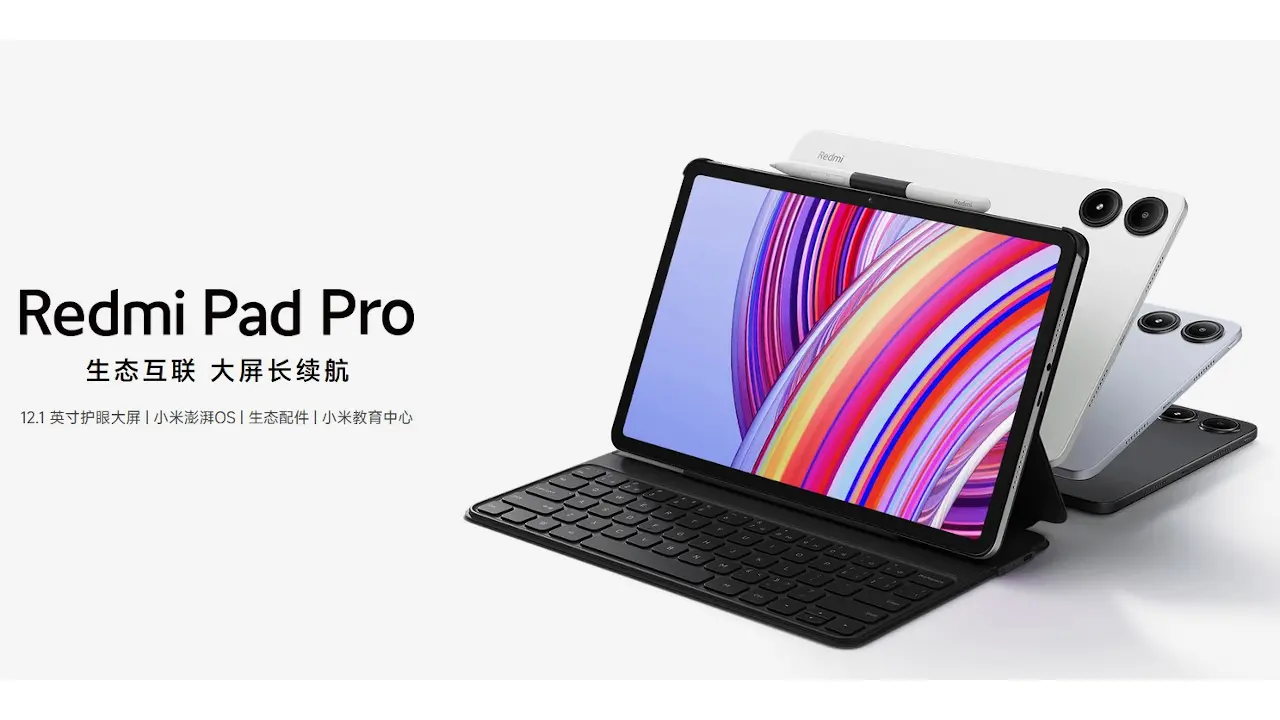
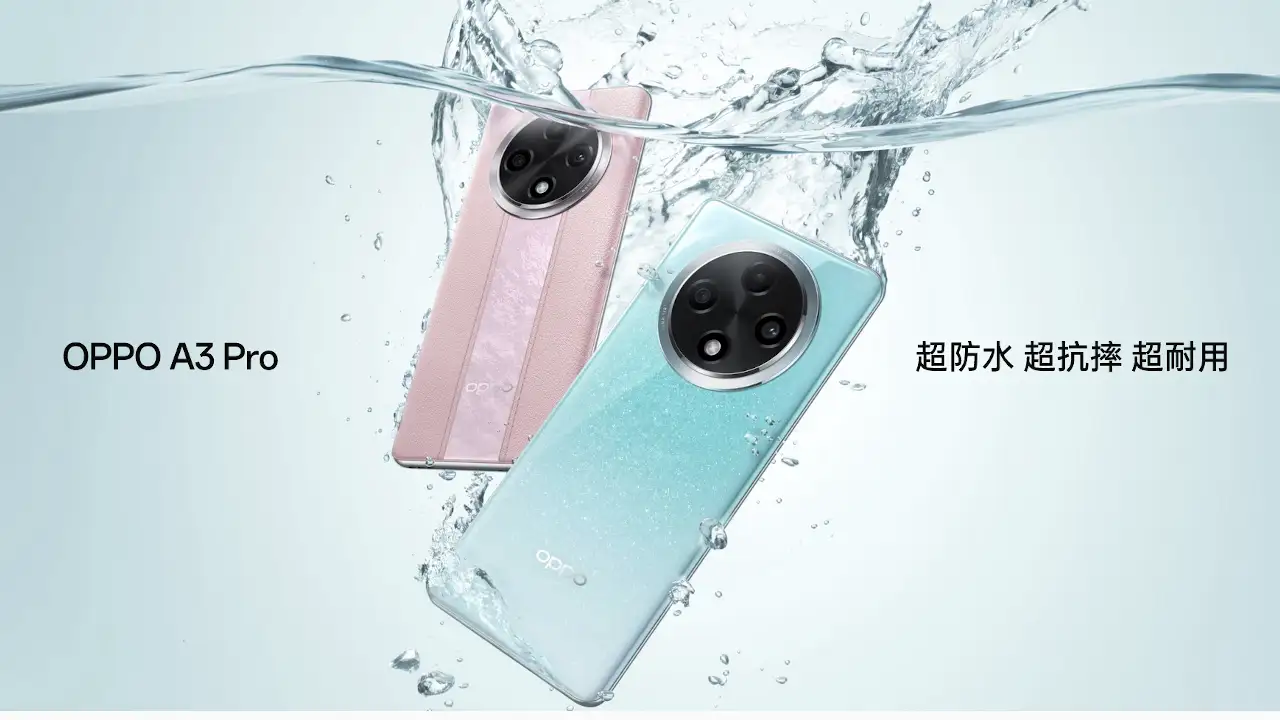

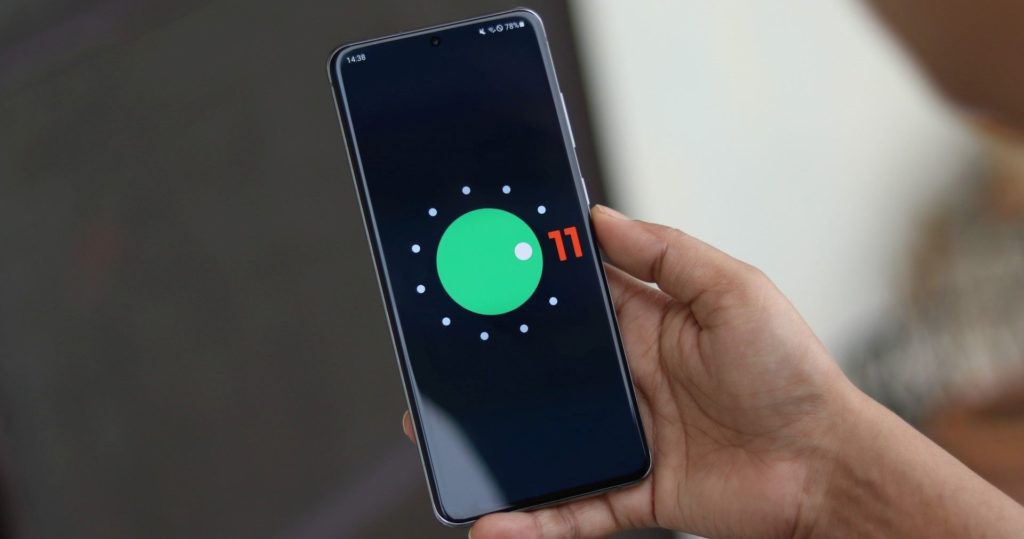
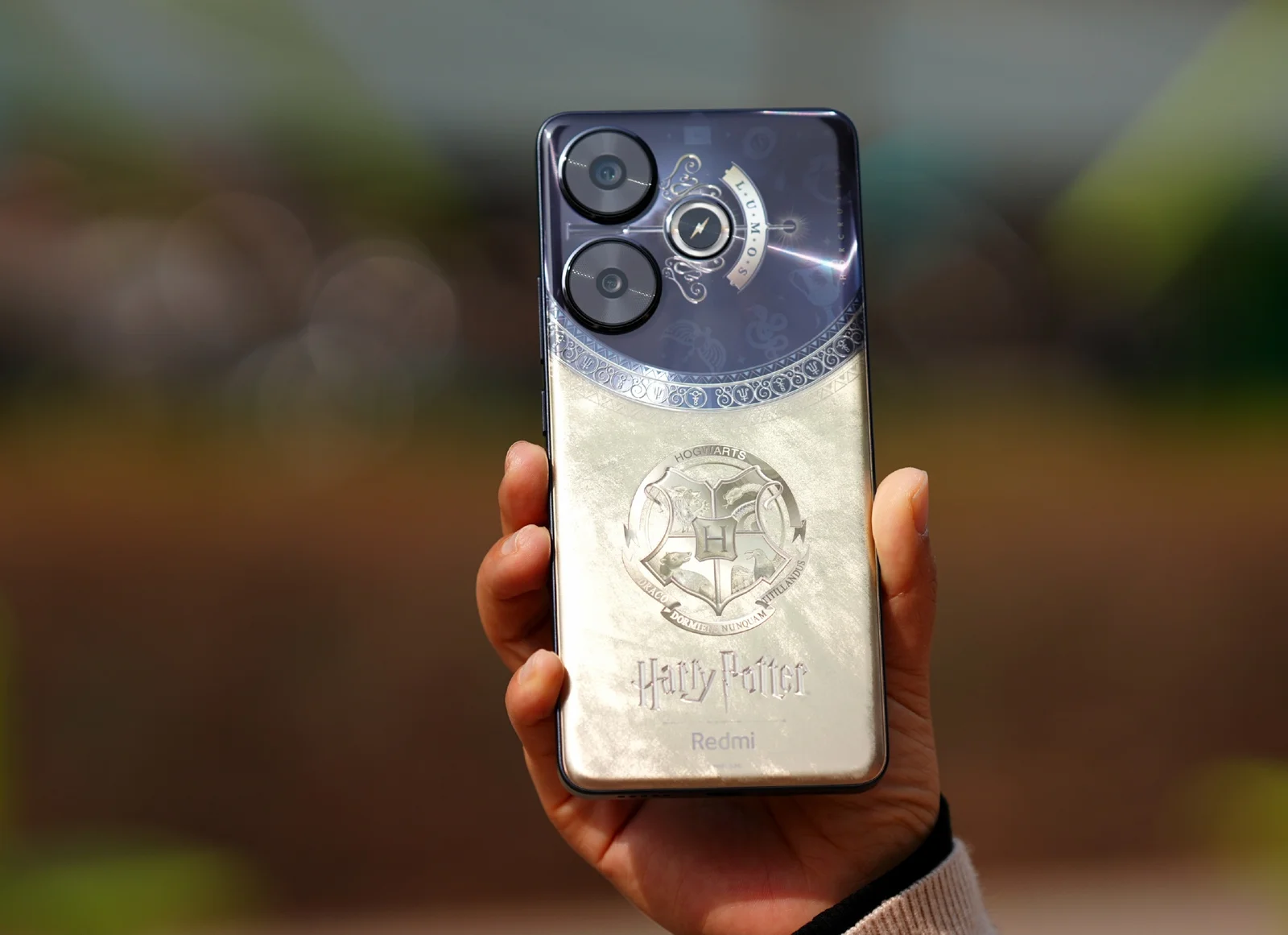
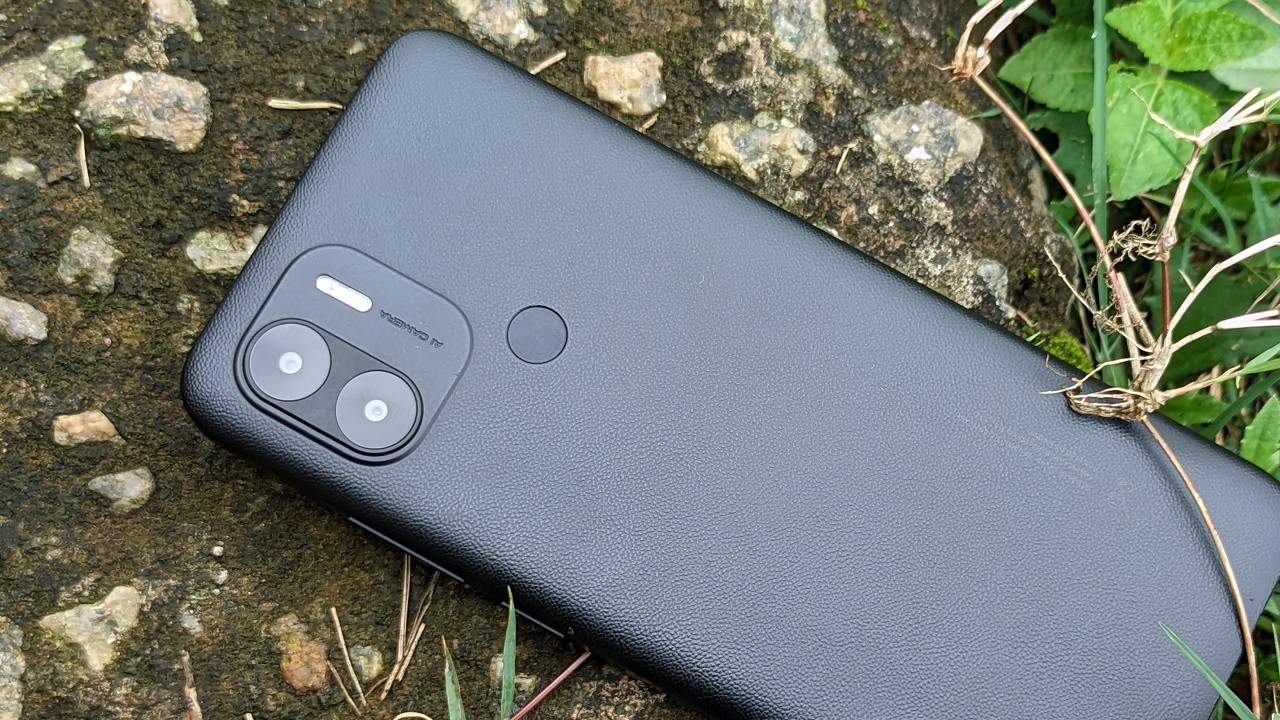
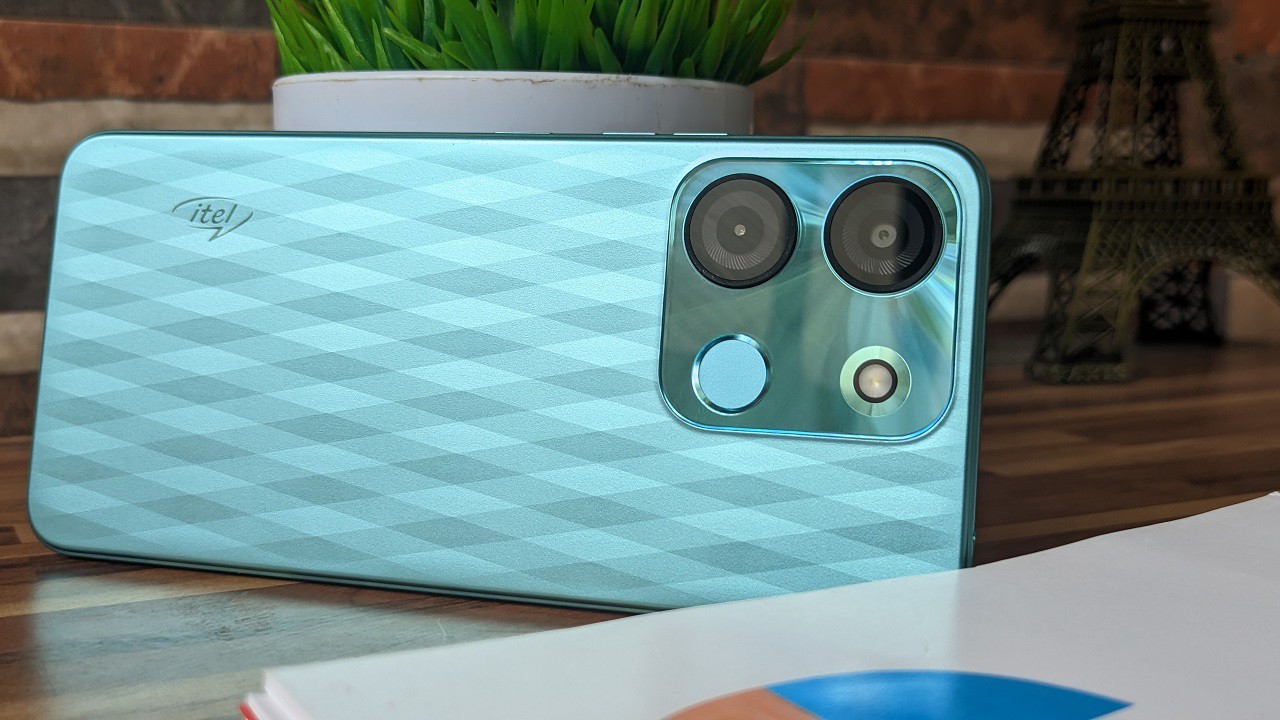
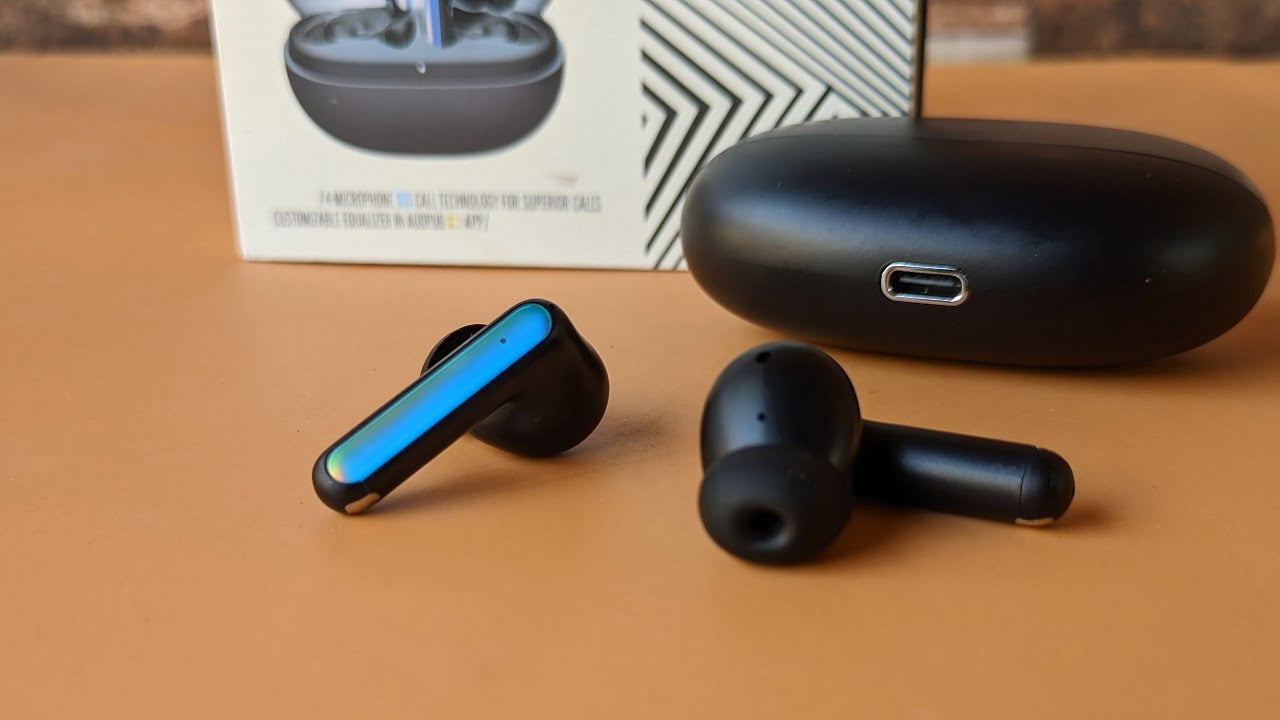
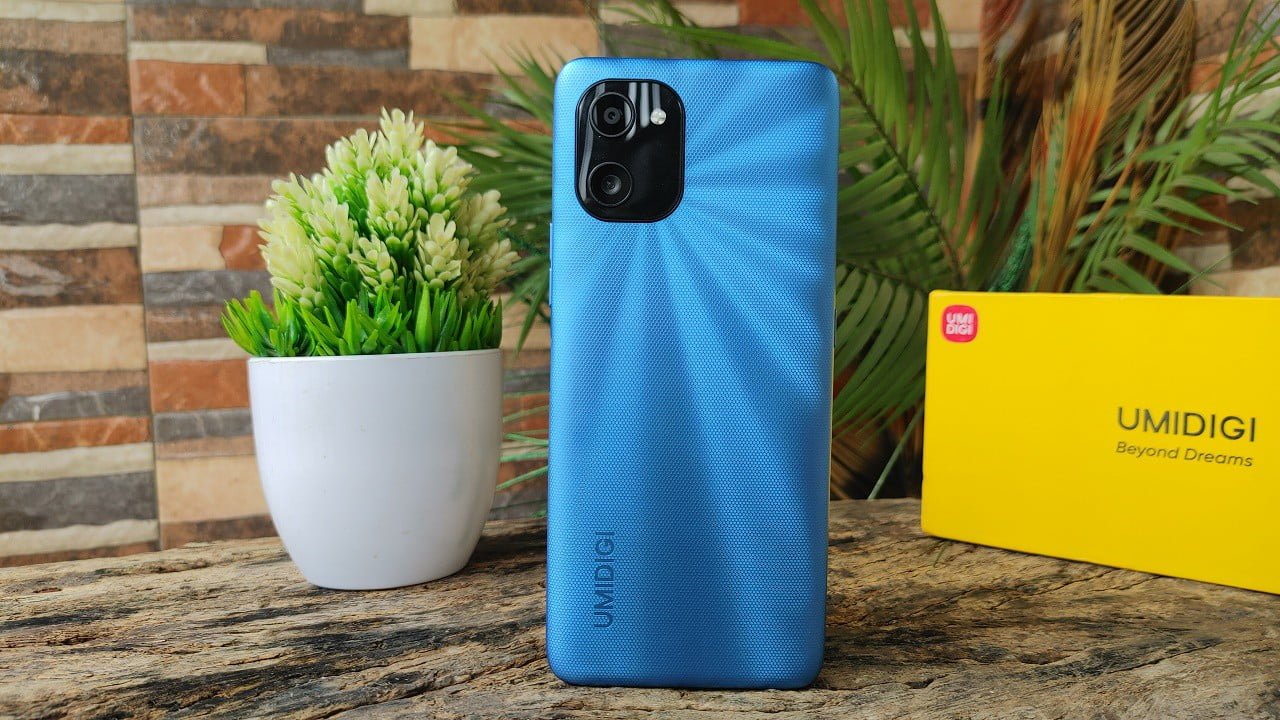
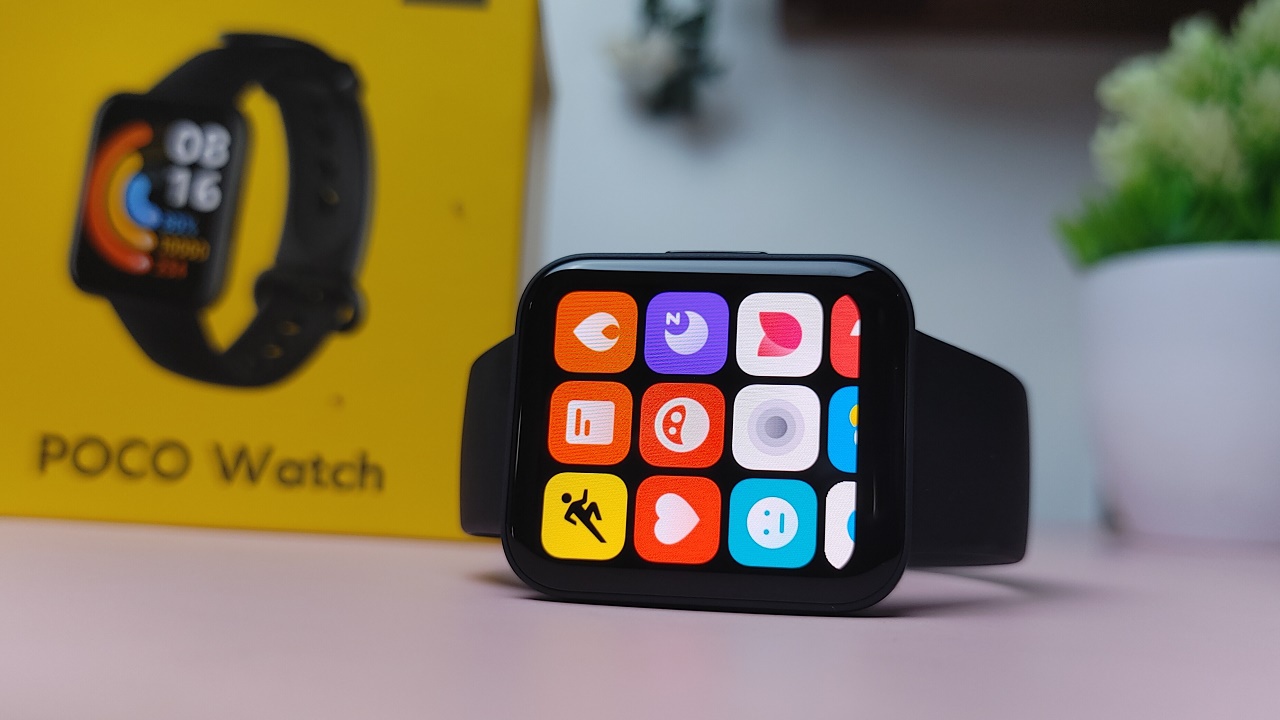
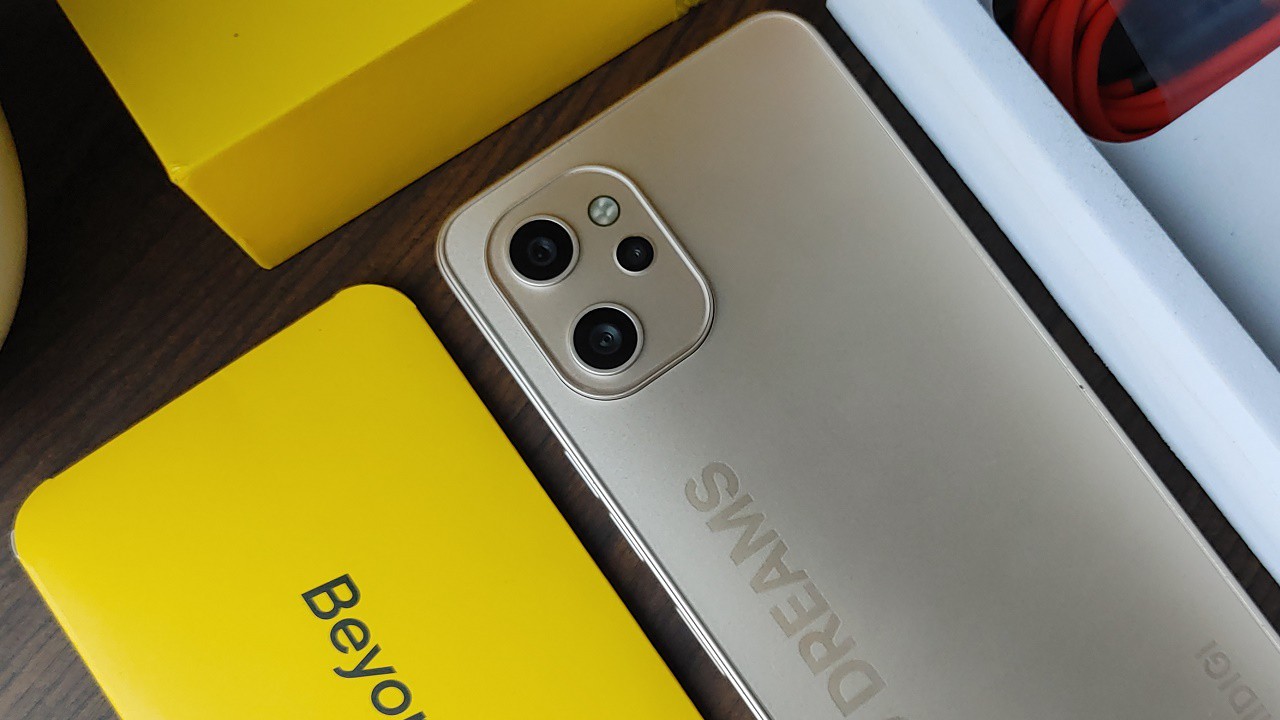
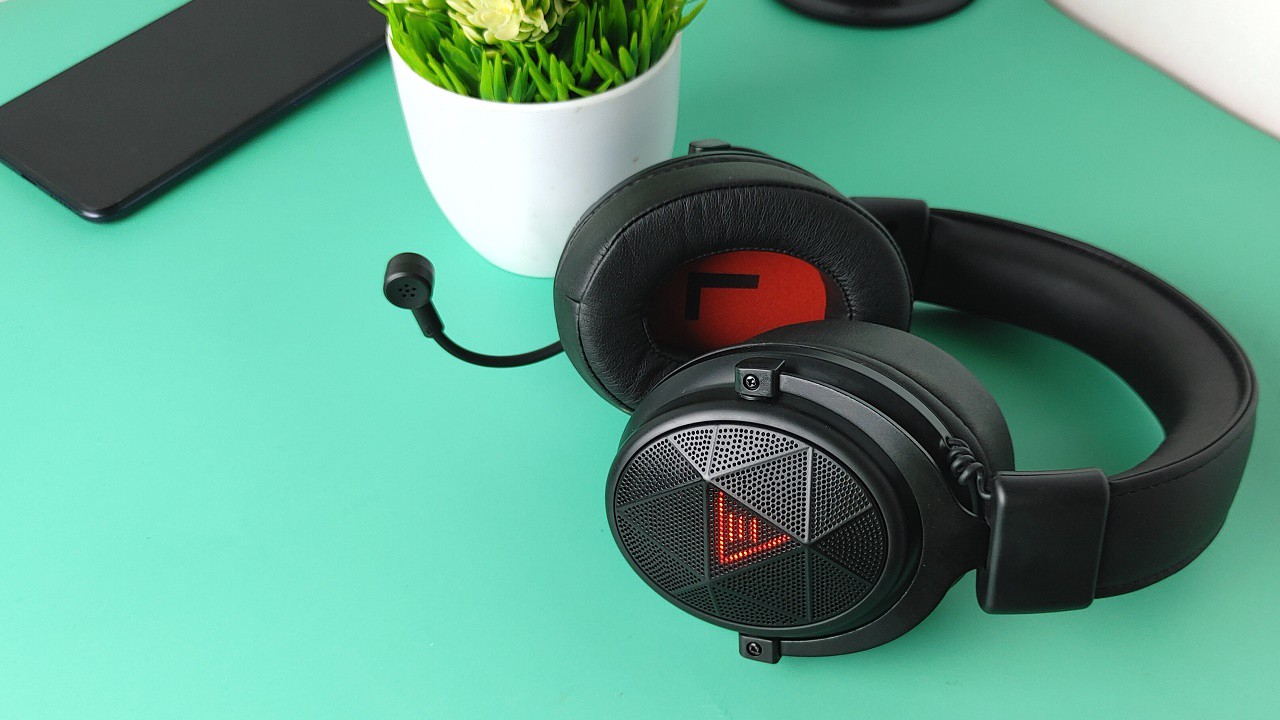
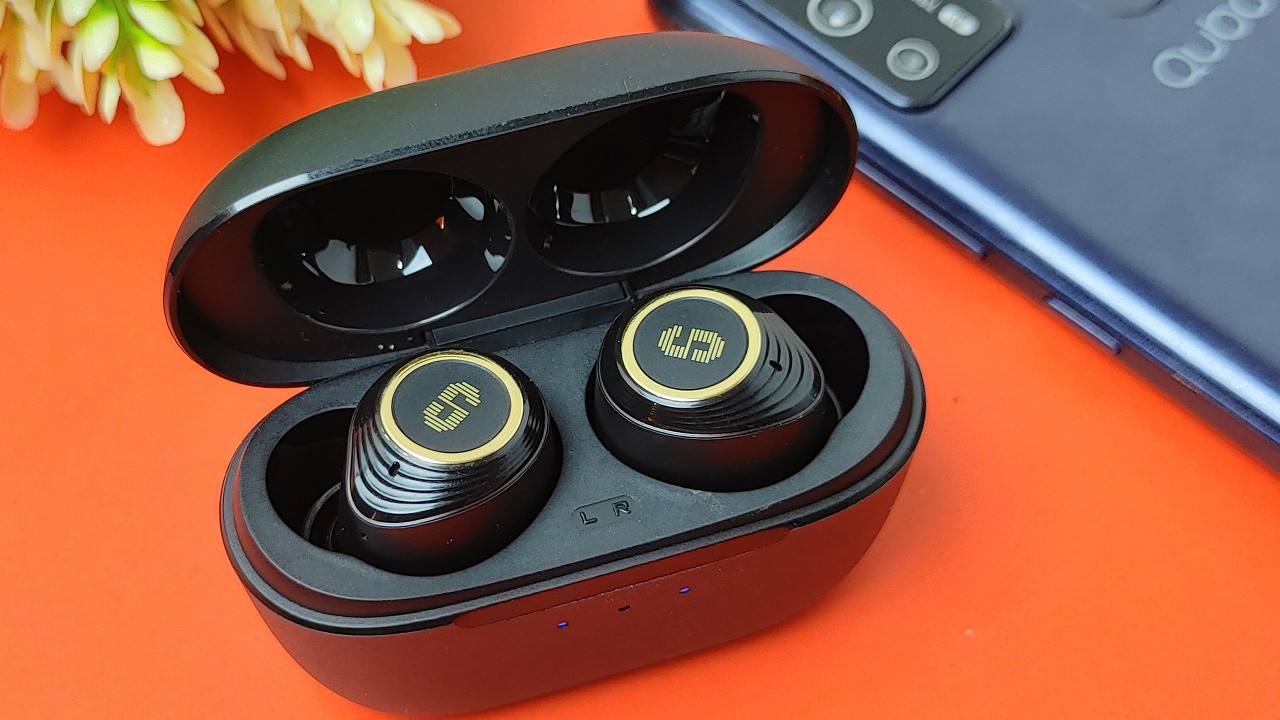
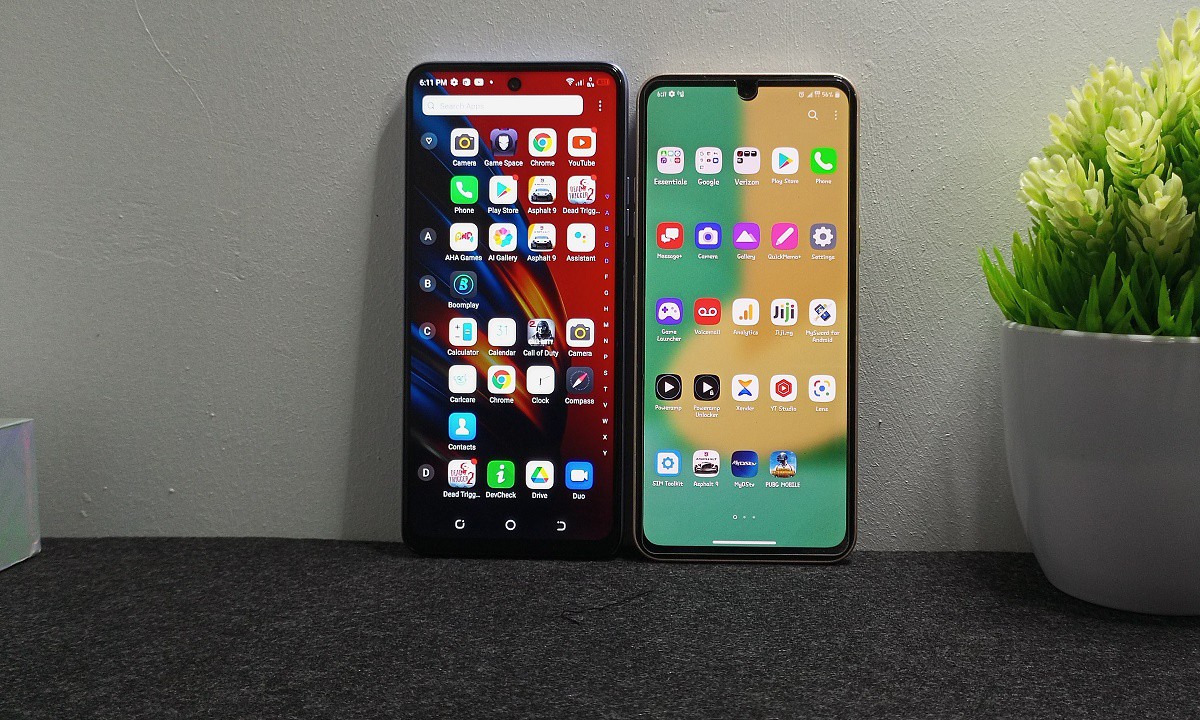
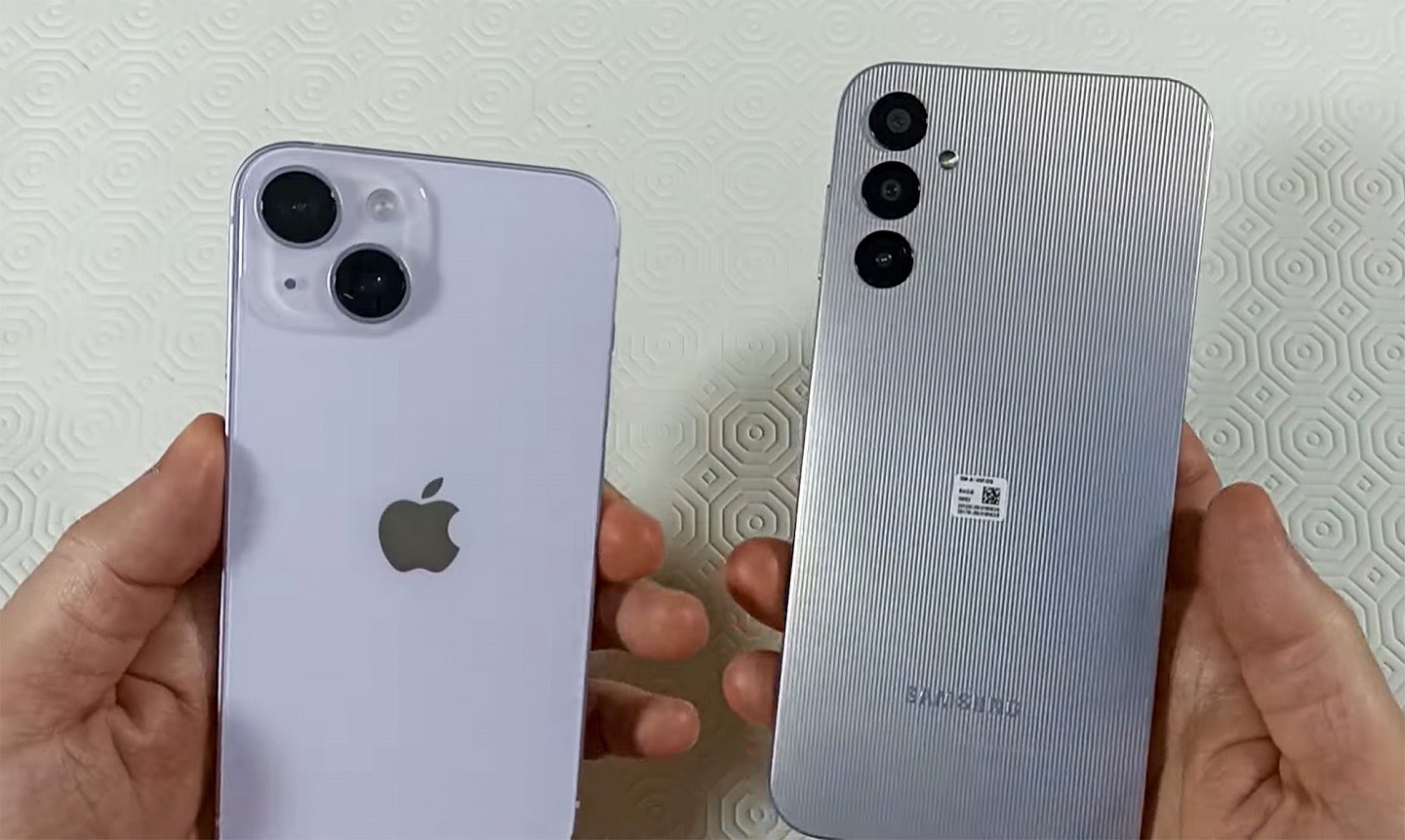
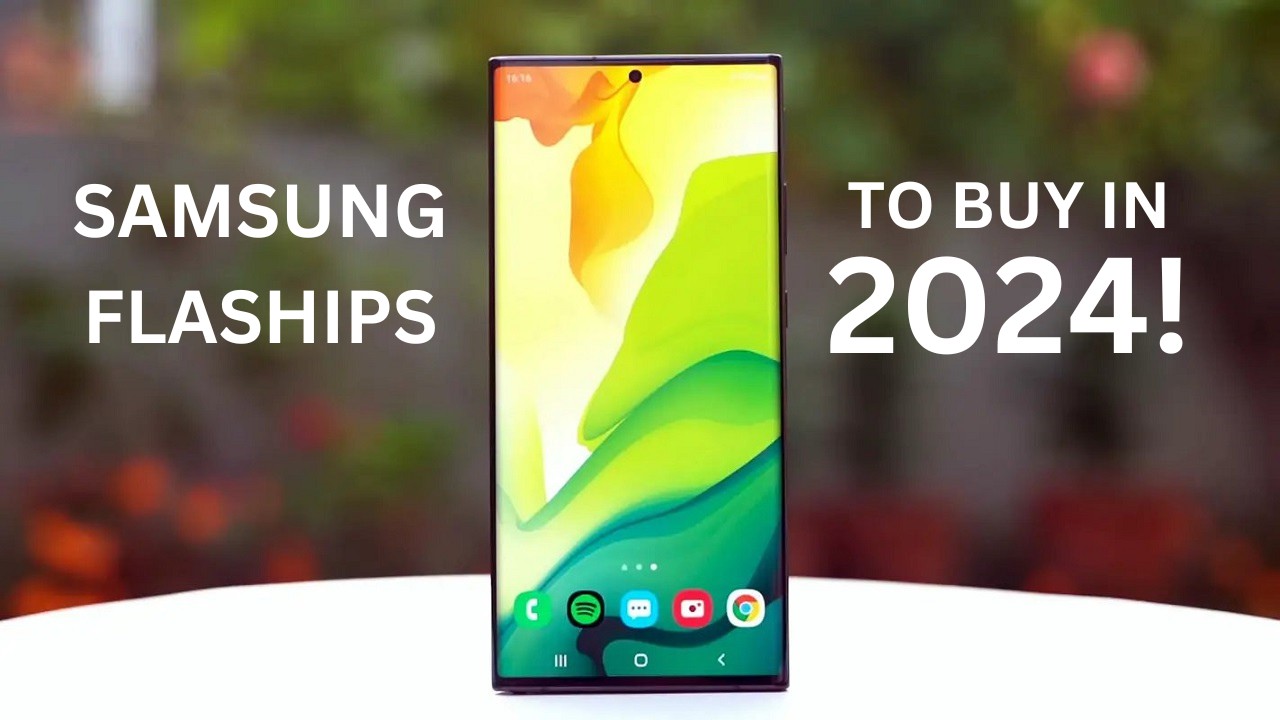
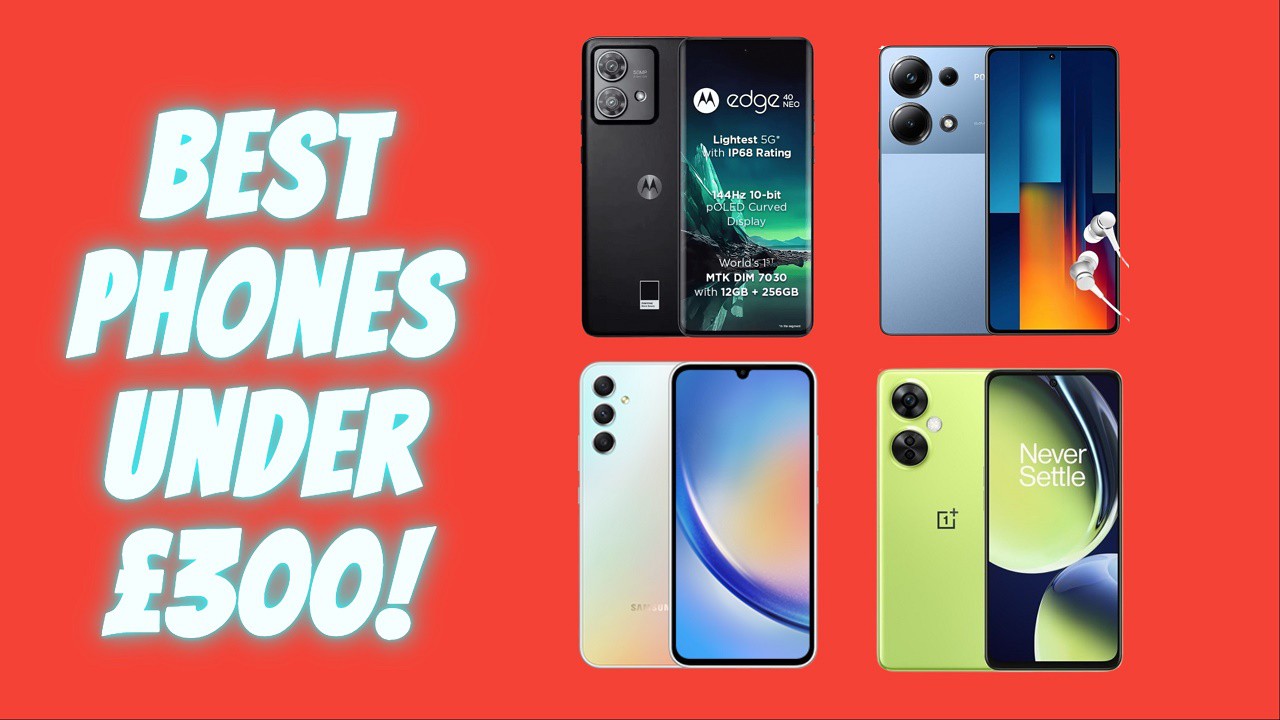
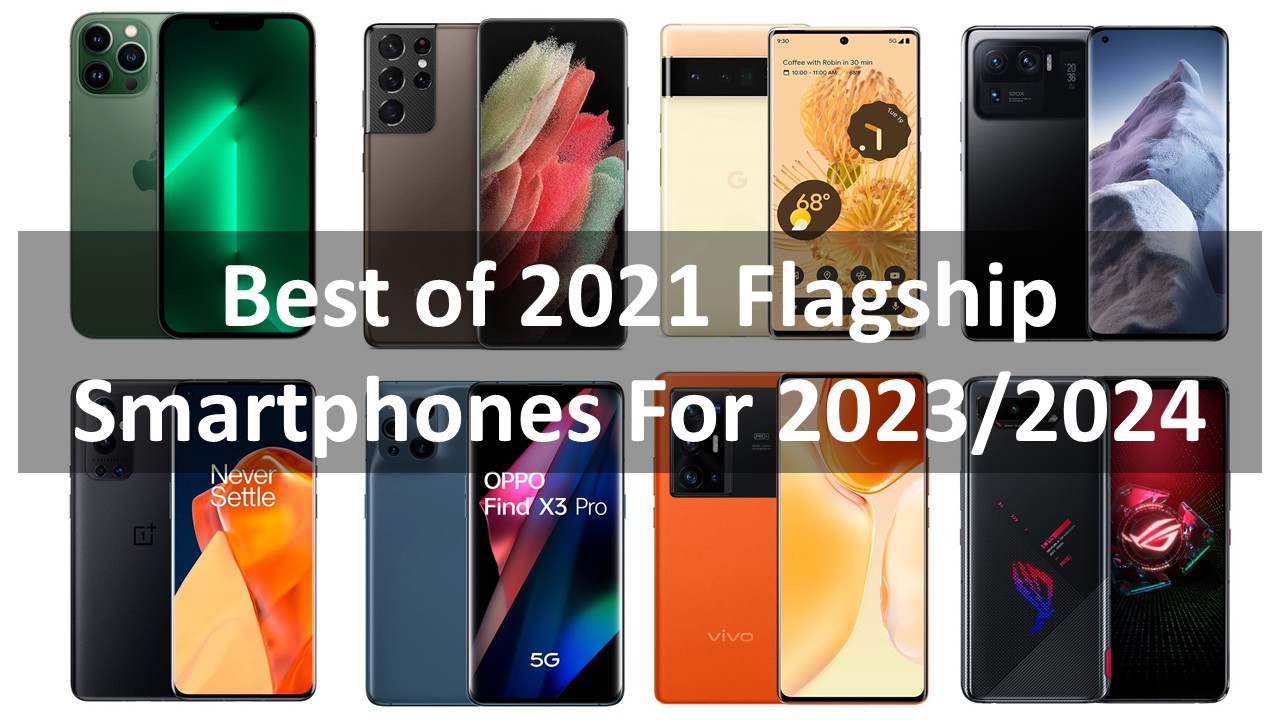
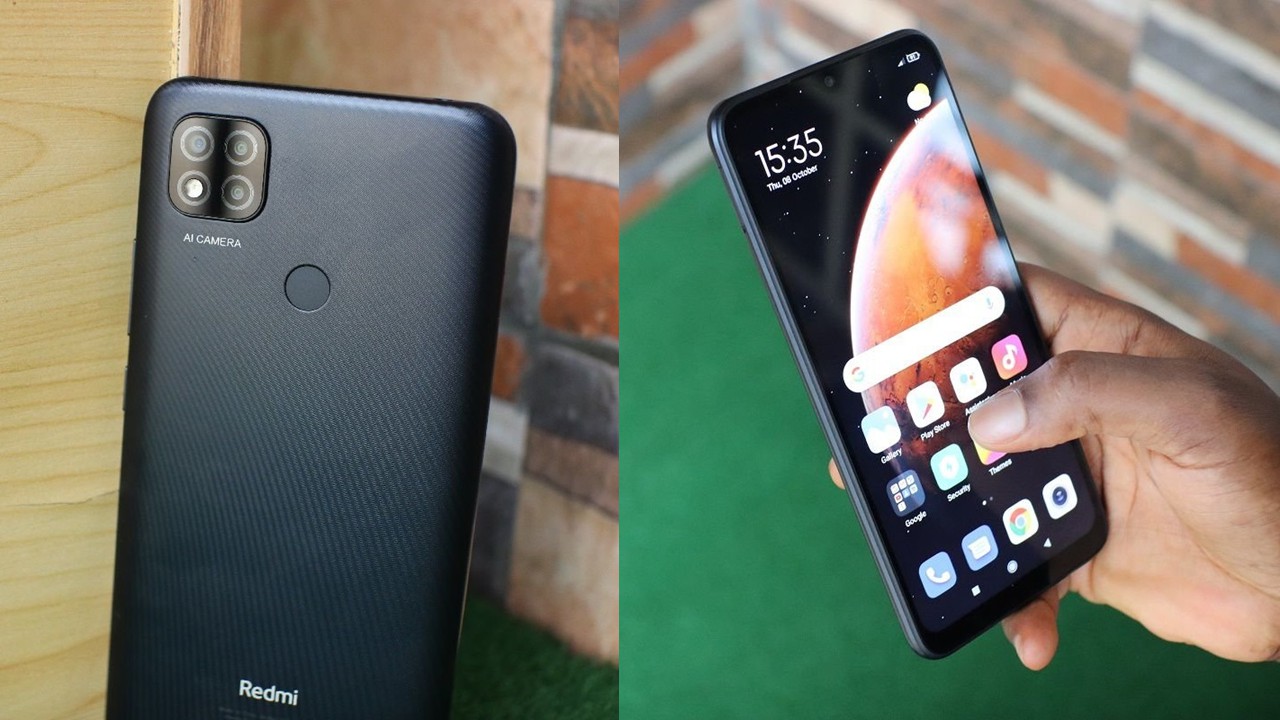
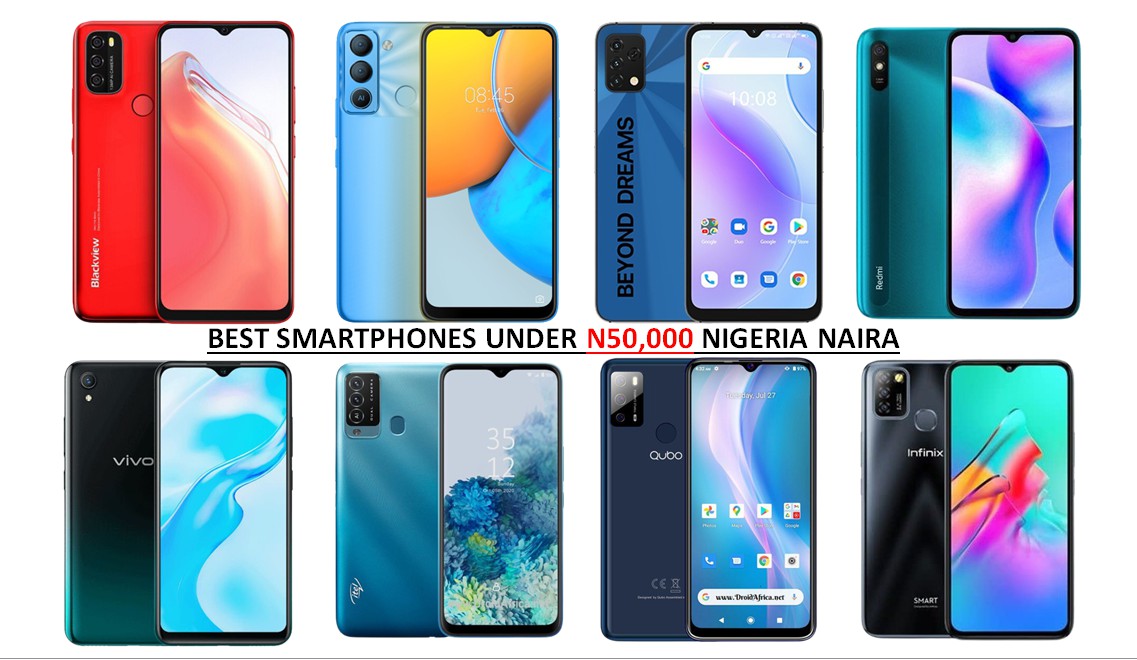
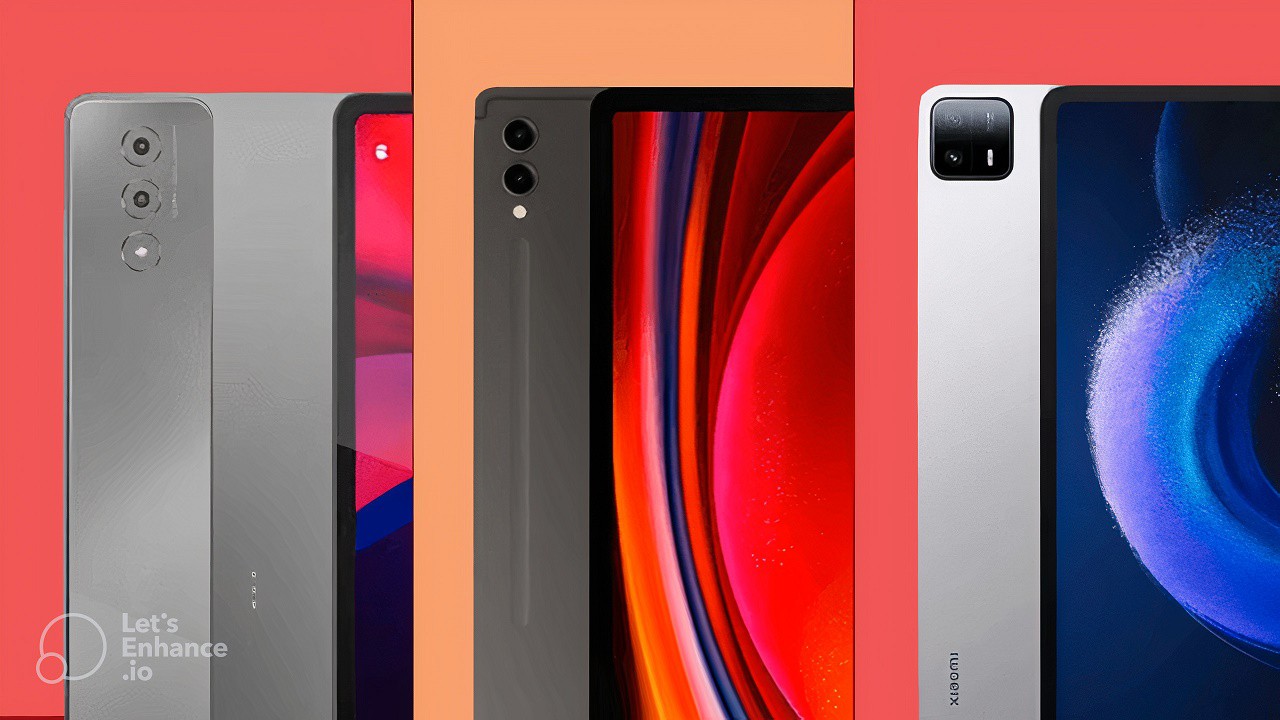
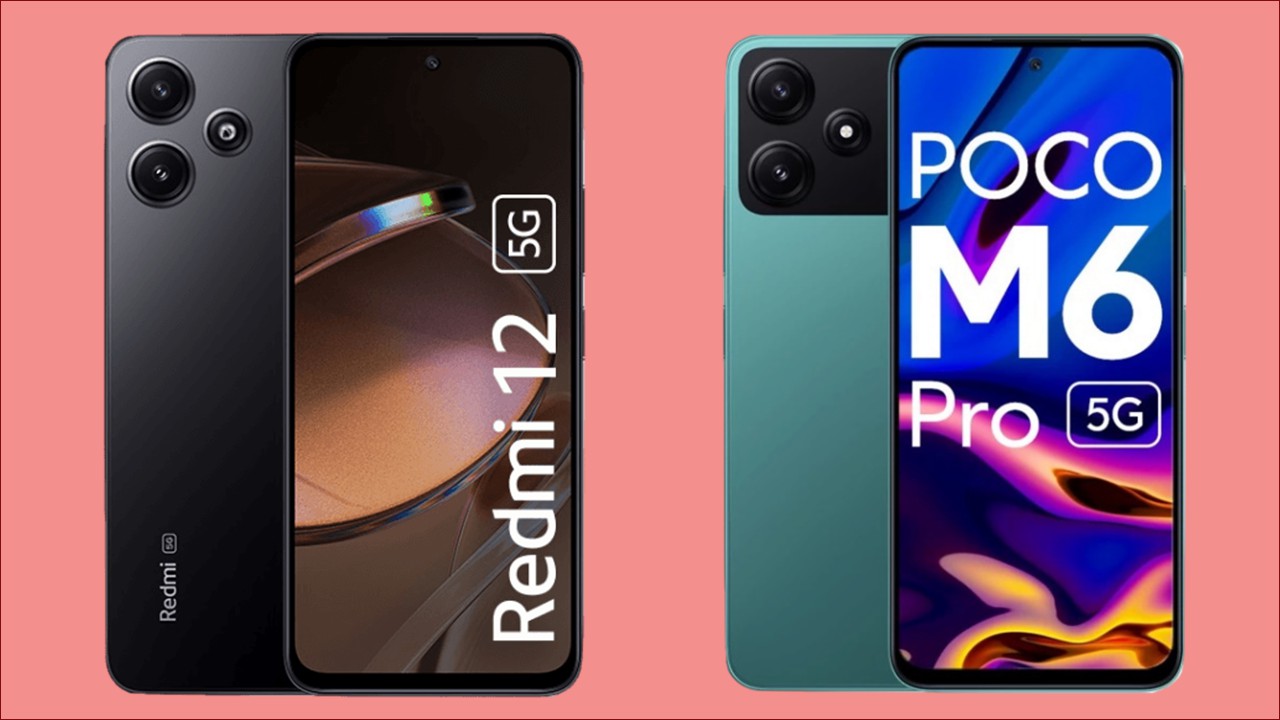
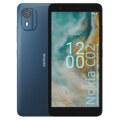
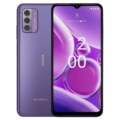
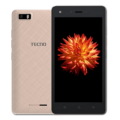
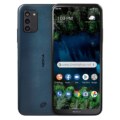
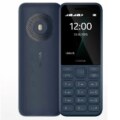
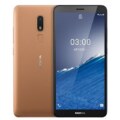
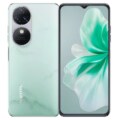
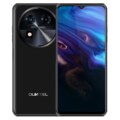
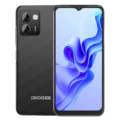
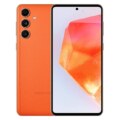
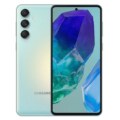
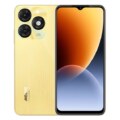

Leave a Reply